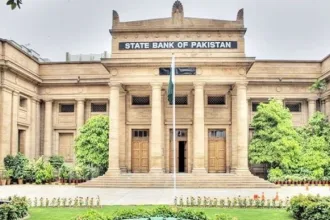The Supreme Court’s Constitutional Bench, led by Justice Muhammad Ali Mazhar, issued a 55-page verdict on the transfer and seniority of Islamabad High Court (IHC) judges. The bench ruled 3–2 that the president’s power under Article 200 to transfer high court judges is valid, but must include safeguards.
In February 2025, five IHC judges—Justices Mohsin Akhtar Kiyani, Tariq Mehmood Jahangiri, Babar Sattar, Sardar Ejaz Ishaq Khan, and Saman Riffat Imtiaz—challenged two actions. First, they questioned the appointment of Justice Sarfraz Dogar as the acting Chief Justice of the IHC. Second, they disputed the transfer of other judges. They filed petitions under Article 184(3), arguing that transfers must protect judicial independence and public interest.
The bench included Justices Naeem Akhtar Afghan, Shahid Bilal Hassan, Salahuddin Panhwar, and Shakeel Ahmad. It made three key points:
- Presidential Powers: Article 200 allows the president to transfer judges. Transfers require the judge’s consent and consultation with the Chief Justice of Pakistan and the Chief Justices.
- Not a New Appointment: Transfers under Article 200 differ from appointments under Article 175A. The Judicial Commission of Pakistan handles new appointments.
- Required Safeguards: Transfers must comply with constitutional checks and preserve judicial independence.
Read: Supreme Court Rules Military Trials for Civilians Need Appeal Rights
Justices Afghan and Ahmad dissented, setting aside the transfer notifications. The majority, however, dismissed the petitions. The court heard arguments on April 17, 2025, and delivered the verdict on June 19. The judges cited past cases, such as those involving Aslam Awan and Farrukh Irfan, to argue that seniority should be based on oath-taking dates.
This ruling reinforces checks on presidential powers. It ensures the judge transfers respect, consent, consultation, and independence. It also sets a clear rule for future transfers.






